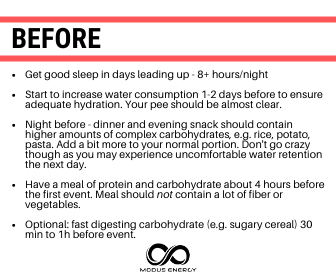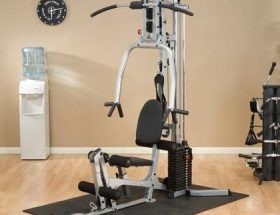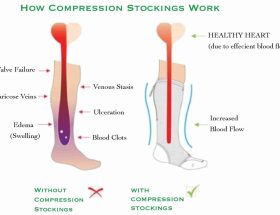CrossFit is a high-intensity fitness program that combines elements of weightlifting, cardio, and gymnastics. To achieve optimal performance, it is crucial to fuel your body with the right nutrition. In this article, we will explore the importance of CrossFit nutrition and provide valuable tips for optimizing your diet.
The Role of Macronutrients
Macronutrients, which include carbohydrates, proteins, and fats, are essential for providing energy, building muscle, and supporting overall health. As a CrossFit athlete, it is important to have a balanced intake of these macronutrients.
Carbohydrates
Carbohydrates are the primary source of energy during high-intensity exercises. They provide the fuel needed for intense workouts and are crucial for replenishing glycogen stores in the muscles.
Complex carbohydrates such as quinoa, brown rice, and sweet potatoes are excellent choices for CrossFit athletes. These foods provide a steady release of energy, preventing blood sugar spikes and crashes.
Proteins
Protein is vital for muscle repair and growth. It helps to rebuild damaged muscle fibers and promote recovery after intense workouts.
High-quality protein sources like lean meats, fish, eggs, and dairy products should be included in your diet. Additionally, plant-based alternatives such as tofu, beans, and lentils are excellent options for vegan or vegetarian athletes.
Fats
Contrary to popular belief, fats are an essential part of a healthy diet. They play a crucial role in hormone production, brain function, and energy storage.
Healthy fat sources like avocados, nuts, seeds, and olive oil should be included in your diet. These fats provide a slow and sustained release of energy, which can be extremely beneficial during long CrossFit sessions.
Hydration: The Key to Performance
Staying hydrated is vital for performance and overall well-being. During intense CrossFit workouts, you can lose a significant amount of water through sweat. Dehydration can lead to decreased performance, fatigue, and muscle cramps.
Aim to drink at least 64 ounces of water per day, and increase your intake during training sessions. Additionally, electrolytes like sodium, potassium, and magnesium are crucial for optimal hydration. Consider including sports drinks or electrolyte-enhanced water to replenish these important minerals.
Pre-Workout Nutrition
What you eat before a CrossFit workout can greatly impact your performance. Ideally, your pre-workout meal should consist of easily digestible carbohydrates and a moderate amount of protein.
Some suitable pre-workout snacks include bananas, oatmeal, Greek yogurt, or a protein shake. Avoid consuming large meals close to your workout, as this can cause discomfort and hinder performance.
Post-Workout Recovery
Post-workout nutrition is crucial for aiding muscle recovery and replenishing energy stores. Aim to consume a balanced meal within one to two hours after your workout.
This meal should contain a combination of carbohydrates and protein to promote muscle repair and glycogen replenishment. A grilled chicken breast with quinoa and vegetables, or a protein shake with a piece of fruit, are excellent post-workout options.
Supplement Considerations
While a well-rounded diet should provide all the necessary nutrients, some athletes may benefit from certain supplements. It is essential to note that supplements should never replace real food, but rather complement a balanced diet.
Creatine monohydrate has been shown to improve performance and increase muscle strength in high-intensity activities like CrossFit. Additionally, omega-3 fatty acids, found in fish oil supplements, have anti-inflammatory properties that can aid in recovery.
Conclusion
Optimal nutrition plays a crucial role in enhancing CrossFit performance. To fuel your body properly, aim for a balanced intake of macronutrients, prioritize hydration, and consume appropriate pre- and post-workout meals. Remember, every athlete is different, so finding the right nutrition plan for your individual needs may require some experimentation. With the right nutrition, you can maximize your energy levels, improve recovery, and achieve peak performance in your CrossFit journey.







